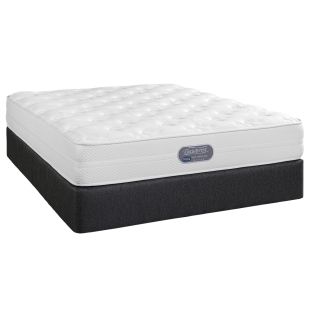

Are you Too Stressed to Sleep? Simple Tips On De-Stressing Before Bed
Author: Dial•a•Bed | January, 2020
Do you find yourself lying awake in bed at night, worrying about work or that report that's due first thing in the morning? It could be stress that is keeping you up. Stress has become a common health problem that plagues millions of South Africans. A survey conducted in 2017 found that 44% of South Africans blame lack of sleep as a key contributor to stress.
Loss of sleep caused by stress, and stress worsened by lack of sleep, creates an unhealthy cycle that can lead to serious health problems. When you are sleep deprived, your body increases its production of stress hormones (or cortisol) which can cause weight gain, fatigue, intestinal problems, increased blood pressure and a host of other health issues.
Signs that you are too stressed to sleep:
- An overactive mind
- Overly tense muscles
- Heart racing or palpitations
- Feeling anxious
- Tossing and turning
- Insomnia
Quick Tips on De-Stressing Before Bed
1. Practice meditation and breathing exercises
Meditation is a special technique that has been around for thousands of years and can be used as a mechanism to calm down and focus an overactive mind, relax muscle tension, and slow down breathing.
The Basics of Meditating:
- Start by finding a comfortable place to sit or lie down.
- Set aside 5 minutes to begin with, you can increase this amount of time gradually
- Close your eyes, inhale slowly through your nose and exhale deeply through your mouth
- Relax your muscles, imagine that your body is slowly getting heavier and heavier with each breath, from the top of your head, right down to the tips of your toes
- Focus on your breathing as you inhale and exhale
- If your mind begins to wander, simply bring your attention back to your breath
2. Disconnect from technology and sign off social media
Research has shown that the blue light emitted from electronic screens has an 'alerting' effect on our brains and suppresses melatonin (the hormone that makes us feel sleepy). Further studies by Norwegian researchers have found a direct link between increased daily smartphone usage at bedtime and sleep problems caused by anxiety/dependence on the device. If you are experiencing stress, electronic device use, or surfing the web may be worsening the problem.
3. Try writing your to-do list before bedtime
A 2018 US study, published in the Journal of Experimental Psychology, suggests that writing out your to-do list for five minutes before bed may reduce stress and worry, help you fall asleep faster and stay asleep longer. The study was conducted by researchers from Baylor University and Emory University and involved 57 young adults. They found that writing to-do lists helped the participants fall asleep an average of nine minutes faster. The findings echoed previous research which tied the calming effect of writing to reducing stress and anxiety. Michael Scullin, a researcher at Baylor University, attributed this result to 'decreased cognitive arousal' - the act of writing down the tasks that are weighing on your mind may help 'offload' the worry and reduce stress.
Stress untreated can have serious repercussions on your daily life and could lead to a host of health problems. See a health professional if stress and sleeplessness persists.














